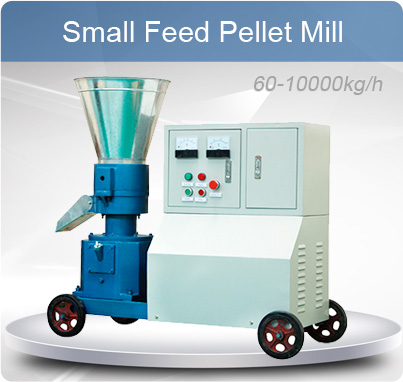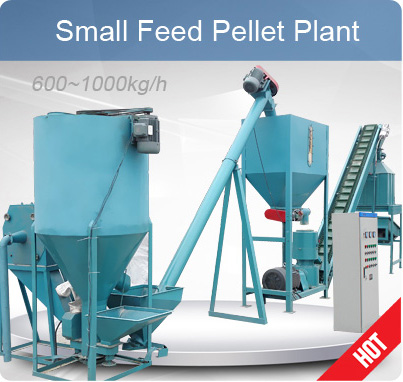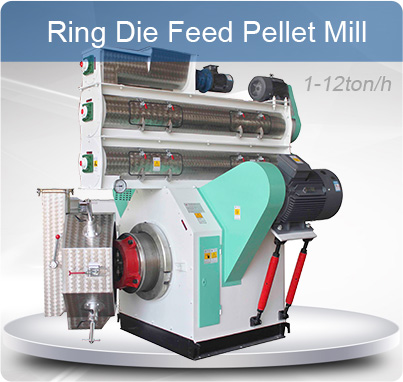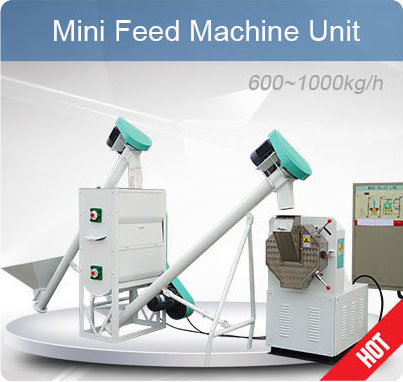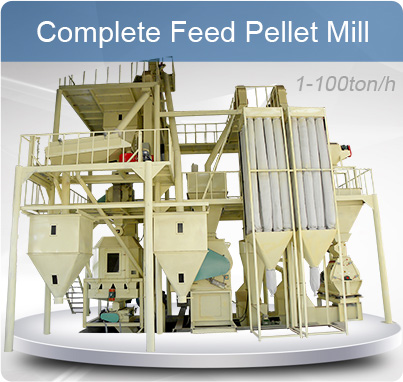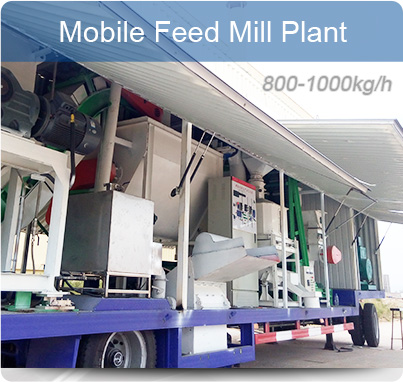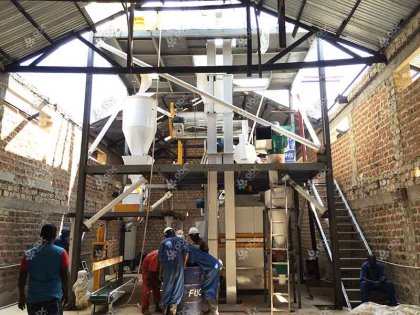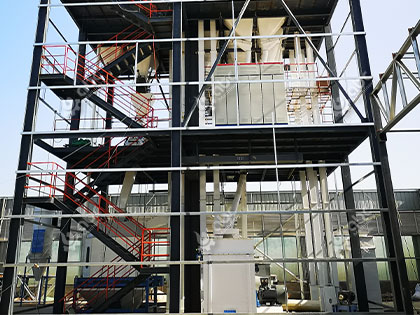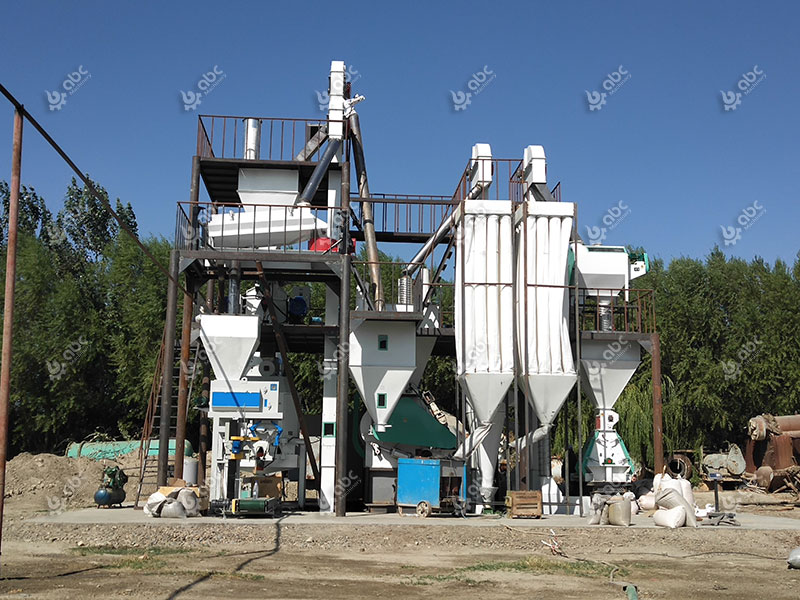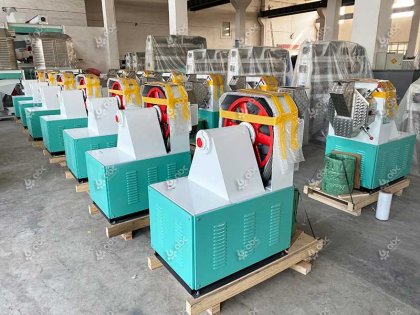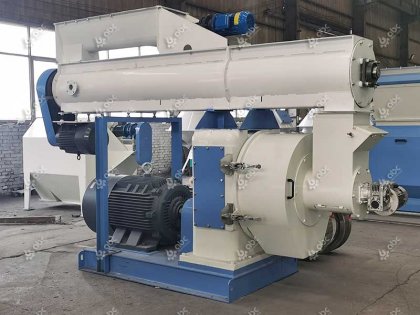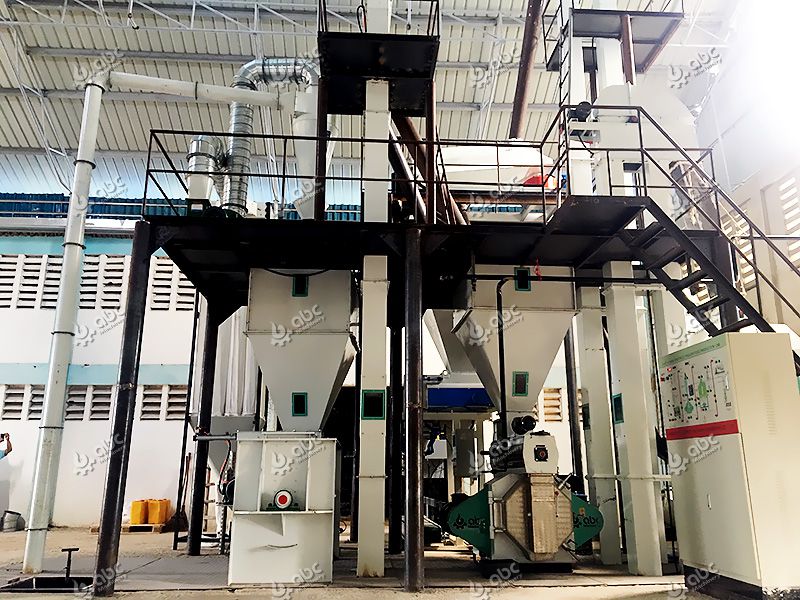Setting up an industrial cattle feed pellet processing plant is a high-return investment. Establishing a complete cattle feed business chain, with a well-designed cattle feed production line, is a key step to reduce feeding costs, improve feed utilization efficiency, and promote a sustainable circular economy. (Related Post: Buy Cattle Feed Pellet Processing Machinery)
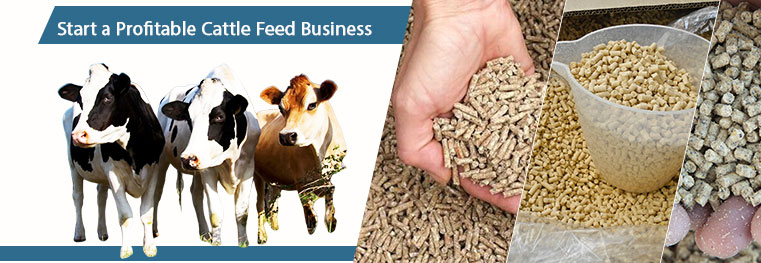
Best Solutions to Start Cattle Feed Business
ABC Machinery is a leading brand in China’s cattle feed manufacturing business! We provide customized cattle feed making machines and complete cattle feed production lines at reliable prices. For more information or a personalized solution, feel free to contact us!
What is Cattle Feed Business and Why It Matters
The cattle feed business refers to the industry that produces, processes, and sells feed for beef and dairy cattle. It includes raw material sourcing, feed formulation, pellet processing, and packaging. With the growing demand for meat and dairy products, cattle feed business has become a highly profitable sector.
Definition and Scope
Cattle feed production covers everything from small farm-scale feed mills to large industrial factories. Main raw materials include corn, soybean meal, wheat bran, rice husks, alfalfa, etc., which are processed into balanced feed through crushing, mixing, and pelletizing.
Global and Regional Market Value
The cattle feed business market continues to grow due to:
- Rising demand for high-quality beef and dairy;
- Population growth and urbanization;
- Increased awareness of cattle health and feed efficiency.
North America and Europe focus on production efficiency and sustainability, while Asia and Africa are rapidly expanding markets.
Profit Opportunities
Cattle require consistent, balanced feed for growth and milk production, providing a stable long-term market for the cattle feed business. With scientific planning and management, businesses can profit locally and expand into export markets.
Improve cattle health and feed efficiency with our advanced feed formulation and pelletizing equipment – reach out to ABC Machinery!
How to Design an Efficient Cattle Feed Production Line
Designing an efficient cattle feed production line is key to profitability. The production line must balance efficiency, cost control, and quality management.
Overall Production Line Planning
Define production scale, target market, and feed type (pellets, powder, or complete feed).
Choose appropriate process flow and automation level according to scale.
Key Processes and Production Flow
Raw Material Selection and Pretreatment
Main raw materials: corn, soybean meal, wheat bran, rice husks, rapeseed meal, alfalfa, etc.
Remove impurities to ensure safety and consistency.
Grinding and Mixing
Grinding improves digestibility;
Uniform mixing ensures consistent distribution of protein, minerals, and vitamins.
Pelletizing, Cooling, Sieving, and Packaging
- Pelletizing (cattle feed pellet machine) improves digestibility and reduces waste;
- Cooling prevents moisture accumulation and mold;
- Sieving ensures uniform pellet size;
- Packaging can be bulk or bagged (25–50kg), depending on scale.
Efficiency Enhancement
- Feed formula optimization: Adjust nutrition for different cattle stages (calves, fattening, dairy cows);
- Energy saving: Use high-efficiency motors and pellet machines;
- Waste reduction: Optimize workflow to minimize raw material loss.
Factory Layout and Automation
Equipment flow design: Linear layout reduces handling;
Space and labor optimization: Minimize floor space and labor needs;
Safety and maintenance: Ensure ventilation, dust control, and easy maintenance.
Design a high-efficiency cattle feed production line – contact ABC Machinery for customized solutions and technical guidance.
Feed Equipment Selection and Key Performance Indicators
- Capacity – Ensure that the chosen machines can meet the planned output of your cattle feed production line, whether for small farms or large industrial plants.
- Power efficiency – Use energy-saving equipment to control long-term operating costs and improve profitability in your cattle feed manufacturing business.
- Durability and maintenance – Invest in robust machines with low maintenance requirements to reduce breakdowns and keep production stable.
- Automation and control systems – Advanced automation improves precision in feed formulation, reduces labor costs, and enhances overall efficiency.

Complete Cattle Feed Production Process Explained
Common Cattle Feed Pellet Machines
Flat Die Pellet Machine
| Model | Capacity (kg/h) | Power | G.W. (kg) | Package Size (mm) |
|---|---|---|---|---|
| ZLSP 150B | 90-120 | Three-phase 4kw | 100 | 800×350×740 |
| ZLSP 200B | 200-300 | Three-phase 7.5kw | 204 | 1050×480×990 |
| ZLSP 230B | 300-400 | Three-phase 11kw | 218 | 1180×520×1020 |
| ZLSP 260B | 400-600 | Three-phase 15kw | 300 | 1240×540×1070 |
| ZLSP 300B | 600-800 | Three-phase 22kw | 437 | 1300×560×1220 |
| ZLSP 400B | 800-1000 | Three-phase 30kw | 700 | 1700×750×1400 |
Modern Cattle Feed Manufacturing Line
Ring Die Pellet Machine
| Model | Capacity (t/h) | Main Motor Power (kw) | Feeding Motor Power (kw) | Conditioner Motor Power (kw) | Die Diameter (mm) | Pellet Diameter (mm) |
|---|---|---|---|---|---|---|
| BPM250 | 1.0~2.0 | 11×2 | 0.75 | 2.2 | 250 | 2~10 |
| BPM320 | 2.0~5.0 | 22×2 | 0.75 | 2.2 | 320 | 2~10 |
| BPM350 | 3.0~7.0 | 30×2 | 0.75 | 2.2 | 350 | 2~10 |
| BPM420 | 6.0~10.0 | 55×2 | 0.75 | 5.5 | 420 | 2~10 |
Integrated Selection Recommendations
For different production scales, consider both flat die and ring die pellet machines:
Medium commercial factory: ZLSP 260B/300B (flat die) or BPM320/BPM350 (ring die);
Large industrial production: ZLSP 400B (flat die) or BPM420 (ring die).
This integrated selection allows factories to flexibly combine cattle feed making machines and cattle feed pellet machines, ensuring a high-efficiency, stable cattle feed production line.
Quality Control and Feed Effectiveness Monitoring
Raw Material Quality and Standardization
Test moisture, protein, and fiber content--Remove moldy or contaminated raw materials.
Feed Formula and Nutritional Balance
Develop scientific formulas to balance energy, protein, fiber, minerals, and vitamins--Optimize formulas for different cattle stages: high protein/energy for calves, balanced for fattening, high fiber/minerals for dairy cows.
Production Process Quality Control
Control grinding size, mixing uniformity, and pelletizing temperature--Conduct regular batch nutrient testing.
Finished Feed Testing
Check pellet hardness, moisture content, and nutrient content--Ensure palatability and digestibility.
Feed Effectiveness Monitoring
Track FCR (feed conversion ratio), digestibility, and daily weight gain;
Monitor dairy production and health indicators to continuously optimize feed formulas.
Sustainability and Compliance
Utilize agricultural by-products (straw, bran) to reduce costs and environmental impact;
Follow feed safety regulations and avoid prohibited additives.
Starting a cattle feed business is a profitable and stable investment. By designing an efficient cattle feed production line, selecting the right cattle feed making machines and cattle feed pellet machines, optimizing feed formulas, and strictly controlling quality, companies can build a high-efficiency, sustainable cattle feed production system.
At ABC Machinery, we provide solutions from single pellet machines to complete production lines. Whether you want to know how to start a cattle feed business or set up a commercial feed mill, contact us for professional guidance today.





